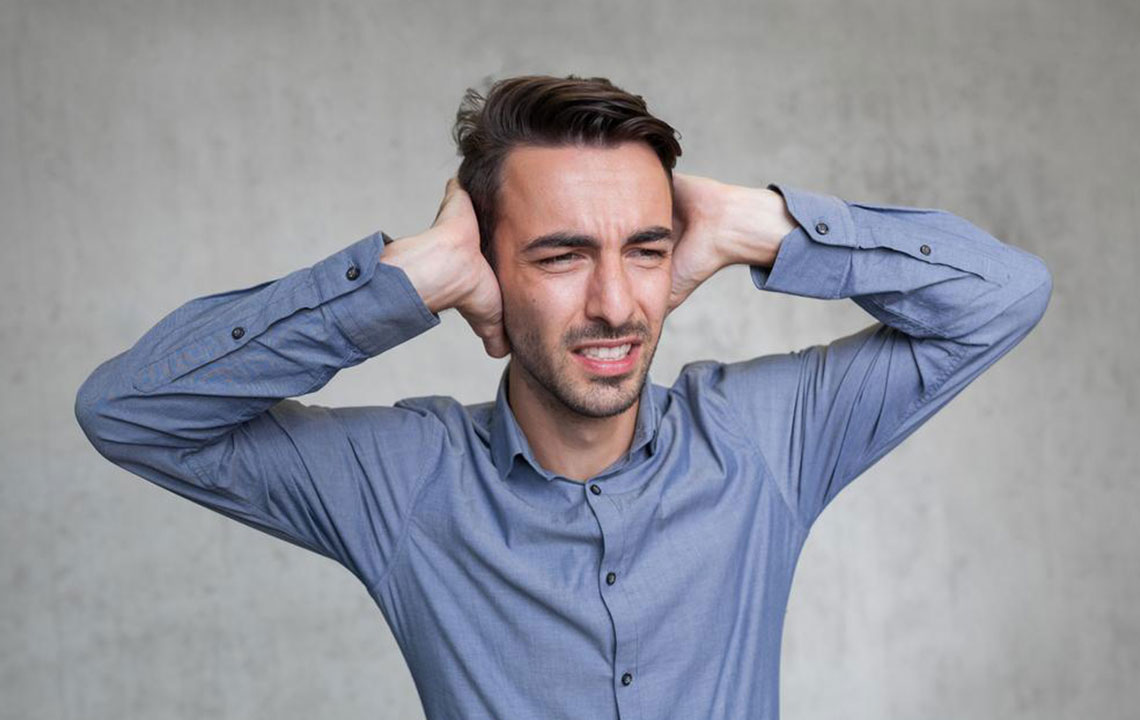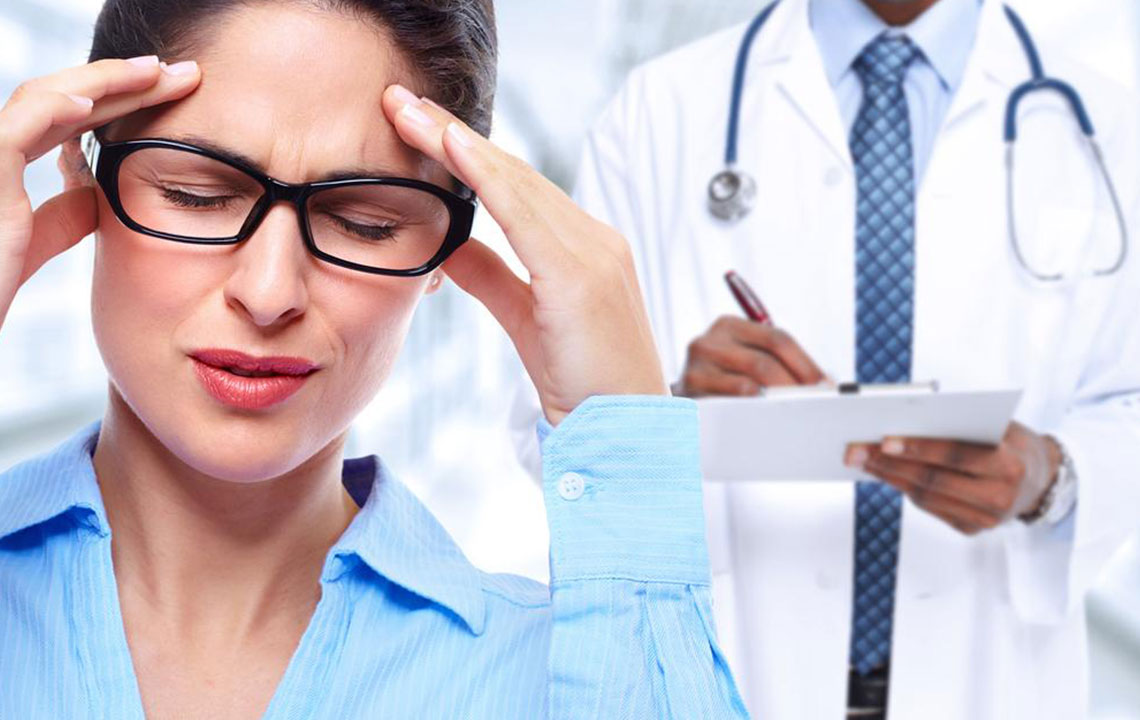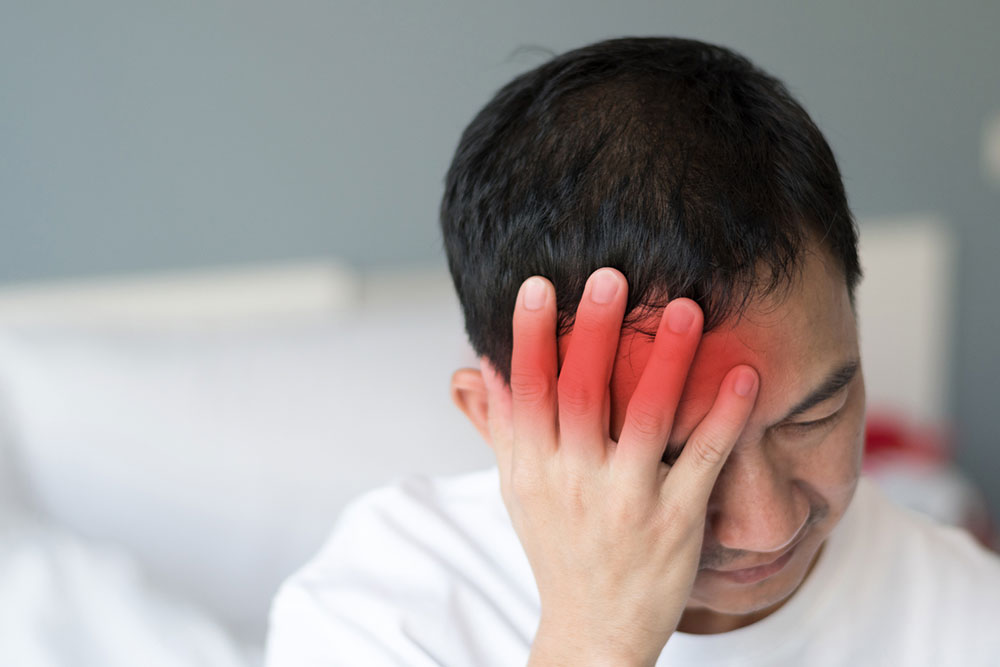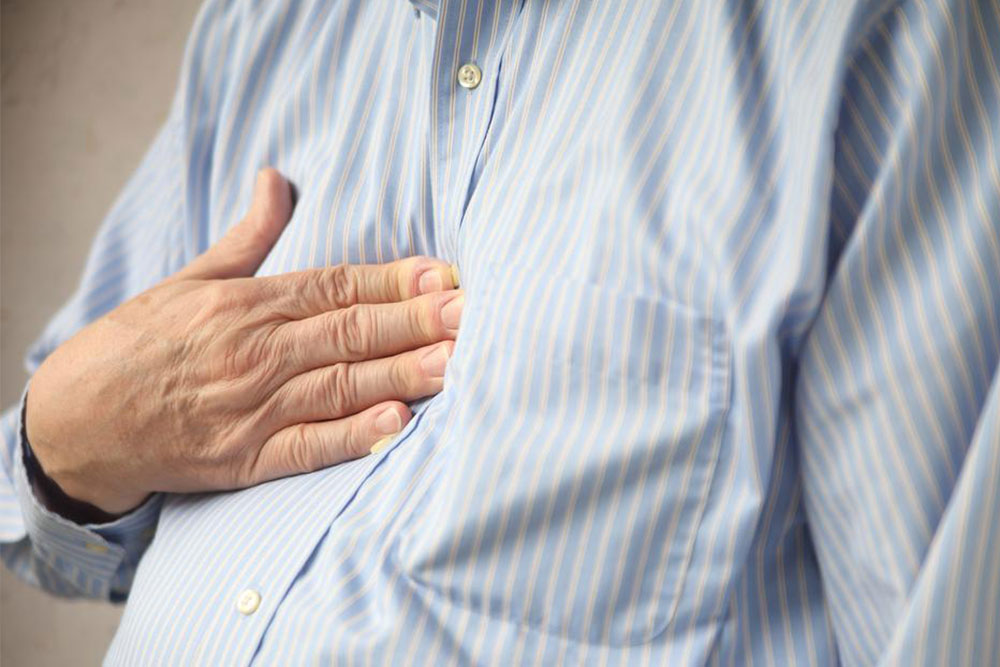Understanding Headaches: Diagnosis and Alternative Remedies
This article explores headache types, diagnostic procedures, and both conventional and alternative treatment options. It emphasizes the importance of proper diagnosis, lifestyle adjustments, and consulting healthcare professionals before trying remedies like acupuncture or supplements. Understanding triggers and managing stress are crucial for headache relief, while caution is advised when using medications to avoid rebound headaches. The guidance aims to help individuals recognize symptoms and seek appropriate care for effective management.

Understanding Headaches: Diagnosis and Alternative Remedies
Headaches come in various forms, and accurate diagnosis depends on analyzing the pain characteristics, attack patterns, and associated symptoms. When headaches become complex, healthcare providers may order tests such as blood work, X-rays, or imaging scans like CT or MRI to determine the cause and develop a suitable treatment plan.
The primary methods to alleviate headaches include proper rest and over-the-counter pain medications. Depending on individual cases, doctors may prescribe specific treatments to manage symptoms effectively.
Following medical advice is crucial because overusing painkillers can lead to rebound headaches. Treating rebound headaches often involves reducing or stopping the medication, sometimes requiring short hospital stays for effective pain management.
Self-care and Headache Relief
Several lifestyle adjustments can help minimize headache frequency and severity:
Applying warm or cold compresses to the head or neck—avoid excessive heat.
Managing stress through relaxation techniques and healthy coping strategies.
Maintaining regular meals and stable blood sugar levels.
A hot shower may soothe certain headache types; regular exercise and sufficient rest support overall health.
Alternative Methods for Headache Relief
Numerous alternative therapies are available, but always consult a healthcare professional before trying new approaches or making significant changes. Options include acupuncture, cognitive-behavioral therapy, herbal and nutritional supplements, hypnosis, and certain medications. Scientific evidence supporting some methods varies, and not all are universally effective.
Headaches can sometimes result from nutrient deficiencies like magnesium or B vitamins, often linked to poor diet, malabsorption, or underlying health issues.










